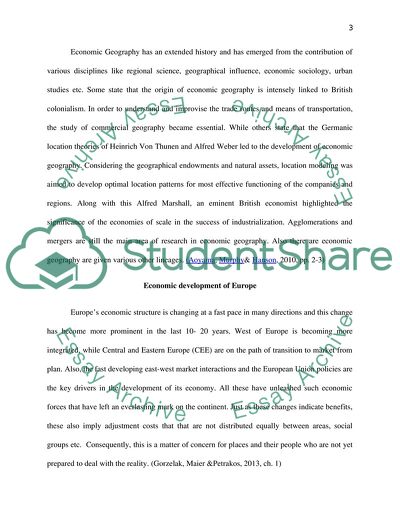Cite this document
(Economic Geography and Its Impact on the Regional Developments in Coursework, n.d.)
Economic Geography and Its Impact on the Regional Developments in Coursework. https://studentshare.org/macro-microeconomics/1807544-discuss-how-different-approach-in-economic-geography-can-help-us-to-understand-regional-development-in-europe
Economic Geography and Its Impact on the Regional Developments in Coursework. https://studentshare.org/macro-microeconomics/1807544-discuss-how-different-approach-in-economic-geography-can-help-us-to-understand-regional-development-in-europe
(Economic Geography and Its Impact on the Regional Developments in Coursework)
Economic Geography and Its Impact on the Regional Developments in Coursework. https://studentshare.org/macro-microeconomics/1807544-discuss-how-different-approach-in-economic-geography-can-help-us-to-understand-regional-development-in-europe.
Economic Geography and Its Impact on the Regional Developments in Coursework. https://studentshare.org/macro-microeconomics/1807544-discuss-how-different-approach-in-economic-geography-can-help-us-to-understand-regional-development-in-europe.
“Economic Geography and Its Impact on the Regional Developments in Coursework”. https://studentshare.org/macro-microeconomics/1807544-discuss-how-different-approach-in-economic-geography-can-help-us-to-understand-regional-development-in-europe.


